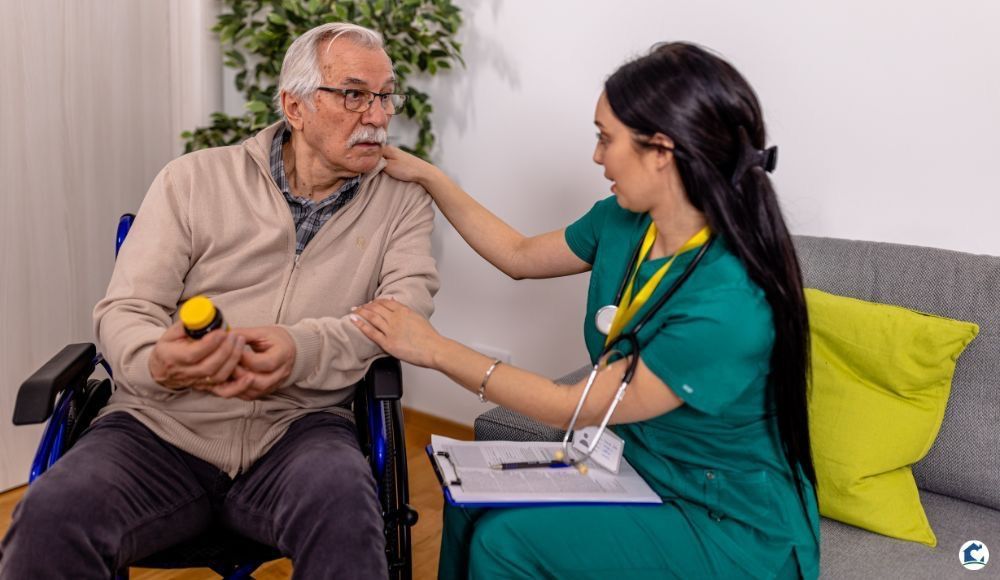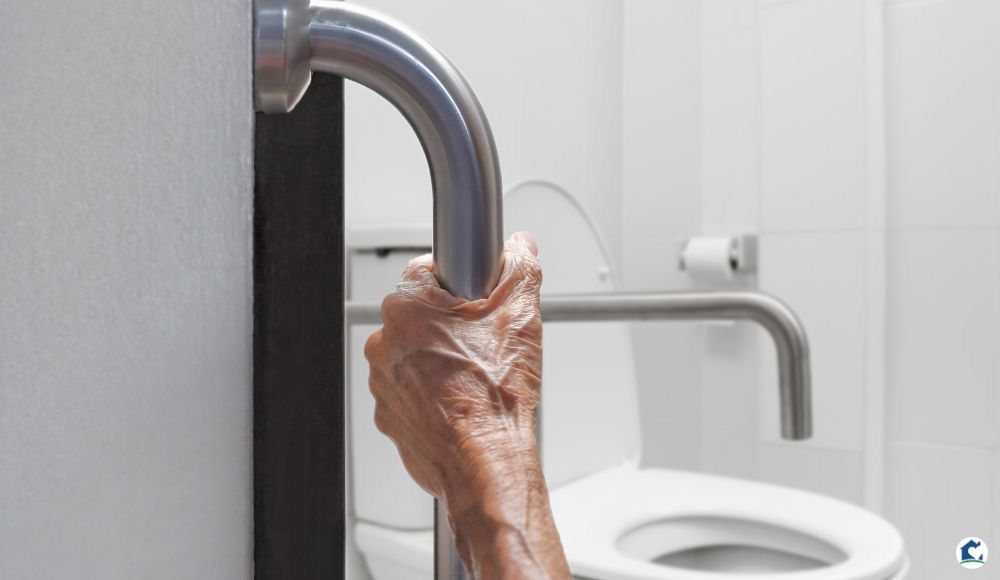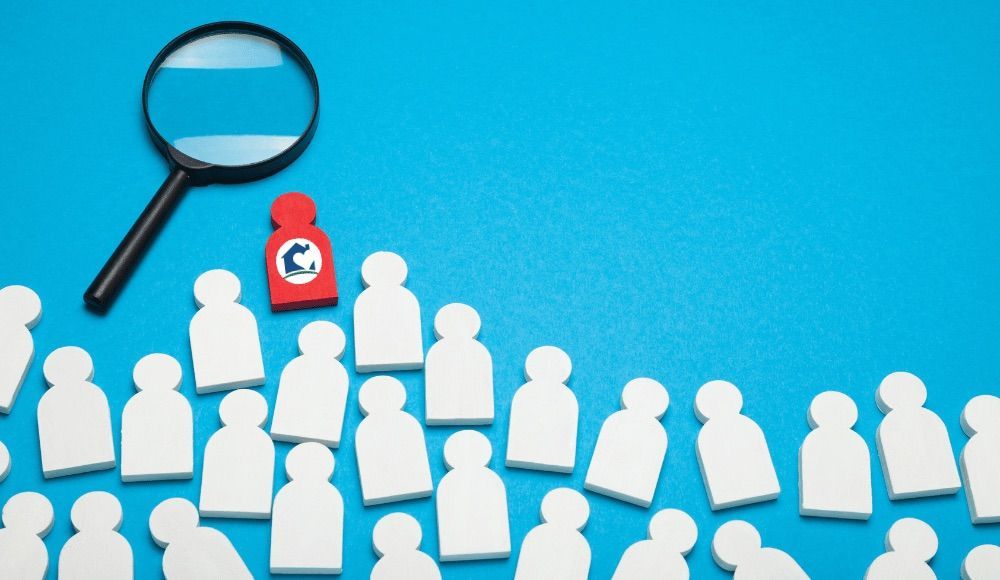Tips for Managing Medications Effectively
If you hope to live independently, maintain good health, and want your treatments to work as intended, you must effectively manage your medications. You can stay on top of your medication routine by organizing your prescriptions, setting reminders, and consulting with healthcare professionals regularly.
Here are some practical strategies to help you manage your medications efficiently and enhance your overall well-being.
Set Reminders for Taking Medications on Time
Several types of reminders exist to ensure you take your meds on time:
Medication Reminder Apps: Download a medication reminder app like Medisafe, MyTherapy, or Dosecast. These apps allow you to input your medication schedule and send notifications when it’s time to take your doses.
Set Alarms on Your Phone or Watch: Use your smartphone or smartwatch to set recurring alarms for each medication time, ensuring the alarm is distinct and hard to ignore.
Create Visual Reminders: Place sticky notes or written reminders in visible places, such as on your refrigerator, bathroom mirror, or coffee maker.
Keep a Medication Calendar or Journal: Mark medication times on a physical calendar or use a journal to check off each dose as you take it.
Organize Medications with a Pill Organizer
There are several types of pill organizers designed to fit different medication schedules and user needs:
- Daily pill organizers are compact organizers with a single compartment for each day, ideal for those taking medication once daily.
- Weekly pill organizers feature seven compartments labeled for each day of the week.
- Monthly pill organizers provide compartments for each day of the month, allowing users to plan medications for up to 31 days at a time.
- AM/PM split organizers offer separate compartments for morning and evening doses daily and are ideal for people who take different medications at different times.
- Multi-dose organizers, with two to four compartments per day, help people who take medications multiple times a day.
- Pill organizers with alarms have built-in alarms or reminders to alert users when it’s time to take their medication.
- Automatic pill dispensers distribute pre-loaded medications at programmed times, often with alarms and sometimes locking features for added safety.
- Travel-friendly pill cases are smaller, portable organizers for carrying a day’s or week’s worth of medication while on the go.
Discuss Medication Changes with a Pharmacist or Doctor
Talking about medication changes with a pharmacist or doctor is essential for several reasons:
First, they can assess whether a new medication or a change in dosage is appropriate for your specific health needs. They can then explain why a change is necessary, how to take the new medication, what side effects to watch for, and what benefits to expect.
Open communication allows you to express concerns or challenges, such as trouble remembering doses or affording medications. Providers can then suggest solutions, like simplifying regimens or finding cost-effective alternatives.
Doctors and pharmacists work together to ensure that all medications fit safely into an overall treatment plan, especially during transitions like hospital discharge or when seeing multiple specialists.
When you talk with your pharmacist or doctor before making any medication changes, you help protect your health, ensure you understand your treatment, and support the safest and most effective use of your medications.
Request a Free In-Home Consultation with a Licensed Nurse
Discover how Comforting Home Care by Phoebe can support you or your loved ones. Schedule a complimentary in-home consultation today, and one of our compassionate licensed nurses will visit you anywhere in Berks, Bucks, Lehigh, or Northampton Counties.
Contact us at 610-625-5206 or connect with us online to learn more.












